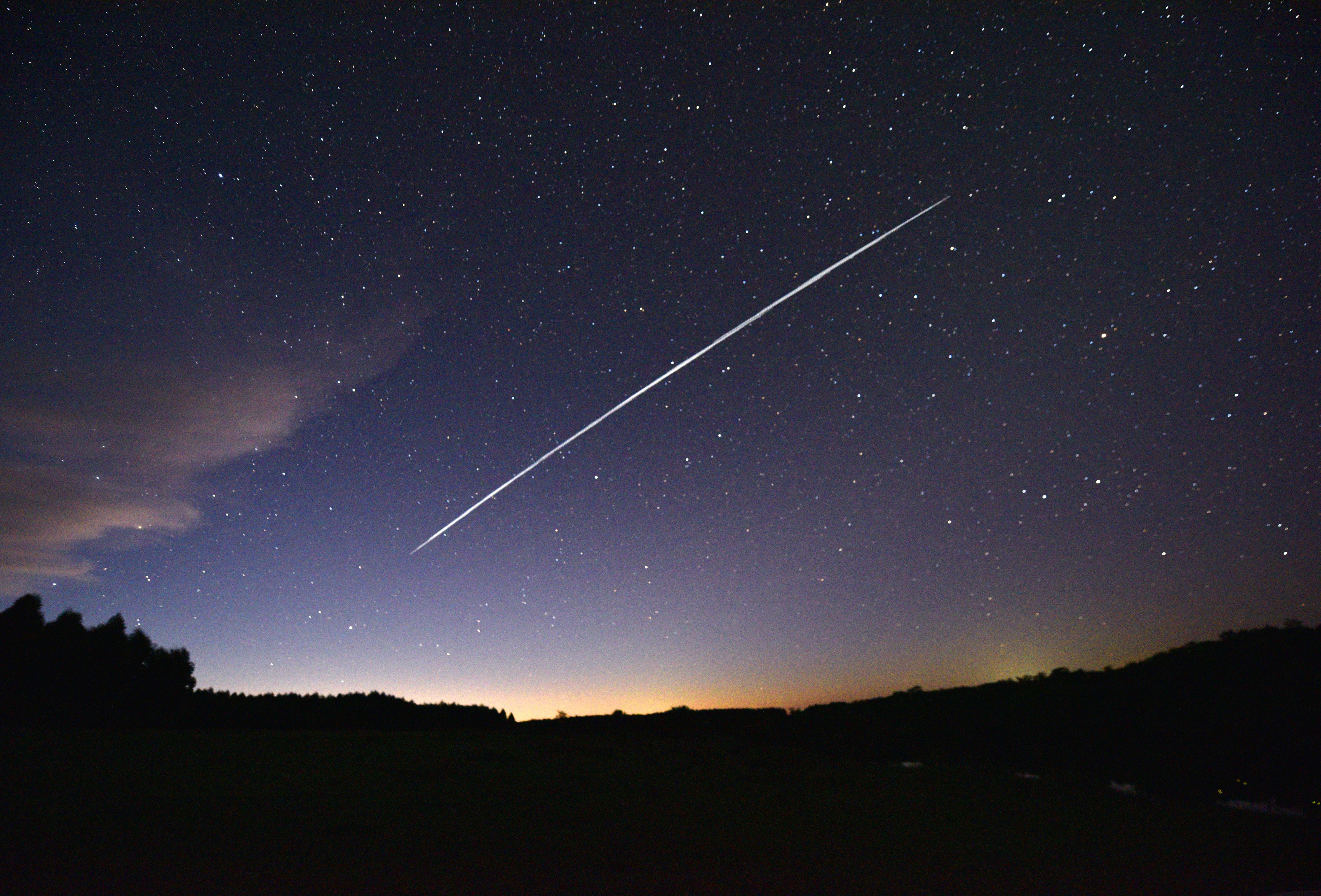Elon Musk’s Starlink will be ‘unusable’ under 5G plan
SpaceX boss claims plans are ‘super shady and unethical’

Your support helps us to tell the story
From reproductive rights to climate change to Big Tech, The Independent is on the ground when the story is developing. Whether it's investigating the financials of Elon Musk's pro-Trump PAC or producing our latest documentary, 'The A Word', which shines a light on the American women fighting for reproductive rights, we know how important it is to parse out the facts from the messaging.
At such a critical moment in US history, we need reporters on the ground. Your donation allows us to keep sending journalists to speak to both sides of the story.
The Independent is trusted by Americans across the entire political spectrum. And unlike many other quality news outlets, we choose not to lock Americans out of our reporting and analysis with paywalls. We believe quality journalism should be available to everyone, paid for by those who can afford it.
Your support makes all the difference.SpaceX will suffer major disruption of its Starlink internet service if US regulators allow 5G networks to use a certain radio frequency, Elon Musk’s company has warned.
In a note to customers, SpaceX claimed that plans by Dish Network to use the 12GHz spectrum for its mobile service will cause outages for more than three quarters of Starlink users.
The internet service relies on a 2,400-strong satellite constellation to beam high-speed broadband to users on the ground through the 12GHz band.
A SpaceX study submitted to the Federal Communications Commission (FCC) claimed that Starlink user terminals would no longer work if Dish’s ground-based network was granted the same frequency.
“If Dish’s lobbying efforts succeed, our study shows that Starlink customers will experience harmful interference more than 77 per cent of the time and total outage of service 74 per cent of the time, rendering Starlink unusable for most Americans,” SpaceX wrote.
In an accompanying letter to the FCC, SpaceX’s senior director of satellite policy, David Goldman, wrote: “A high-power terrestrial network would blow out anyone using the high-sensitivity equipment satellite consumers must use to receive signals that comply with [FCC] and international power restrictions on satellite downlink transmissions.”
SpaceX urged the FCC to investigate whether Dish “filed intentially misleading reports”. In its message to customers, the firm also accused Dish Network of employing paid lobbyists “who are attempting to mislead the FCC with faulty analysis in hopes of obscuring the truth”.
The private space company has more than 400,000 Starlink customers around the world, according to public filings from earlier this year. Dish has more than 8 million wireless subscribers in the US.
Starlink currently offers coverage in 36 countries but will eventually expand to global coverage, according to Mr Musk.
Most users are currently based in areas where ground-based telecommunications infrastructure does not reach, as well as places impacted by natural disasters or geopolitical conflict. More than 1 per cent of users are based in Ukraine folowing Russia’s invasion of the eastern European country.
Mr Musk accused Dish of “super shady and unethical” behaviour, tweeting: “If they are successful, it would hurt the least served and completely unserved of the world. Very messed up.”
The Independent has contacted Dish Network for comment.

Join our commenting forum
Join thought-provoking conversations, follow other Independent readers and see their replies
Comments